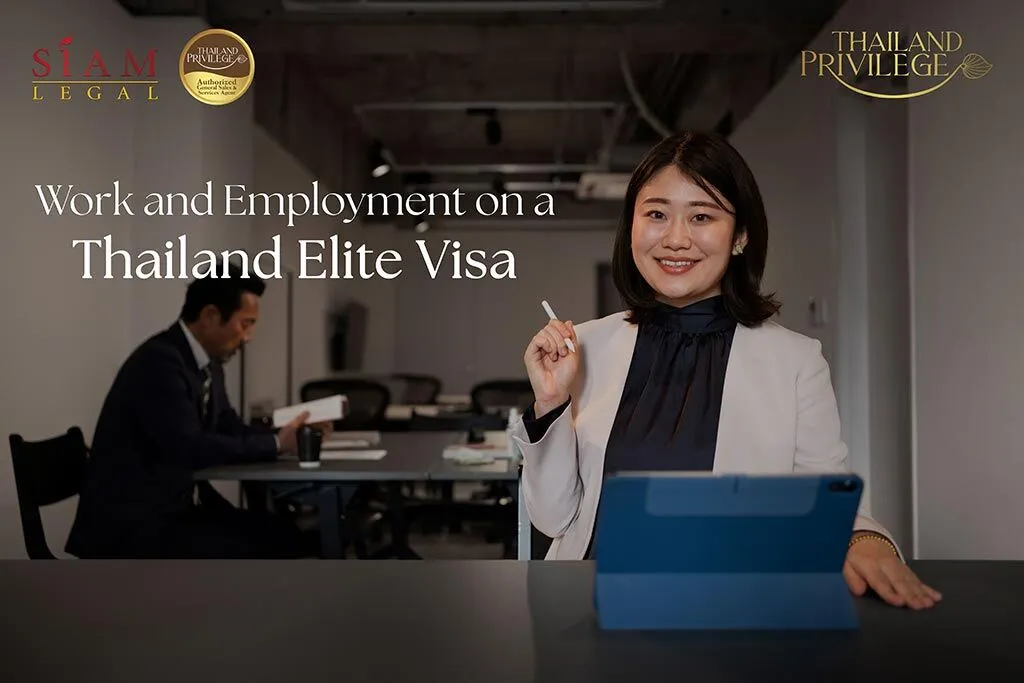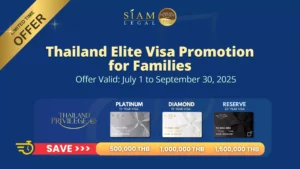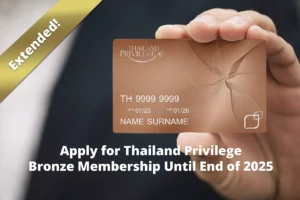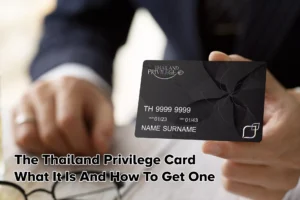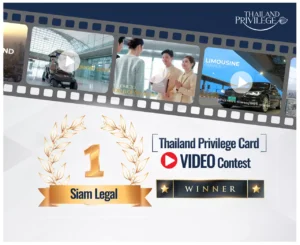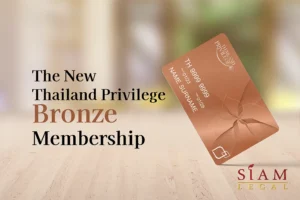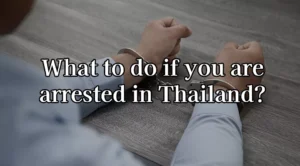If you are a professional seeking long-term residence to work in Thailand, the Thailand Elite Visa is a good solution under the right circumstances. This long-term tourist visa is available through Thailand Privilege, a visa program run by a government-owned subsidiary company, that boasts multiple membership tiers granting you numerous benefits and an extended stay in Thailand ranging from 5 to 20 years. These visas are some of the lengthiest available in Thailand, allowing you continuous residence throughout the validity period.
Moreover, as a member, you can access exclusive co-working spaces, networking events, and meetups to further stimulate your career. However, there are some work restrictions, tax liabilities, and other factors to consider before applying for the Thai Elite Visa.
Permission to Work on a Thailand Elite Visa
Certain business activities require a work permit and an appropriate visa. Business activities requiring a work permit include:
- Establishing a new business in Thailand
- Acting as a shareholder or director of a company (unless not actively participating in operations)
- Physical employment in Thailand
If you hold an Elite Visa, you cannot perform the above business activities or apply for a work permit.
However, you can operate an overseas business remotely or invest as a shareholder in a Thai company. If your income originates from an overseas business and your work does not involve direct employment or operations within Thailand, you probably will not need a work visa. Therefore, the Elite Visa is best suited if you are a digital nomad, trader, investor, or other type of remote worker.
Tax Liability in Thailand
Working on the Thailand Elite Visa affords benefits including the ability to open a bank account, apply for credit cards, and invest in Thai businesses, but can also affect your tax status. Thailand considers you a tax resident if you stay in the country for at least 180 days in a calendar year. As a tax resident, you are subject to Personal Income Tax in Thailand (PIT) on income earned within Thailand and any income transferred from abroad. If you spend less than 180 days in Thailand, only income earned within the country is taxable.
It is important to note that not all income is taxed, and there’s a minimum threshold for taxable income. However, large transfers from overseas accounts might be flagged by your Thai bank. Examples of taxable income include wages, salaries, royalties, dividends, interest, income from professional services, construction work, pensions, and other sources. Some countries also have treaties with Thailand to ensure their citizens are not double taxed, so check with a tax professional so see if you are covered.
Alternatives to the Thailand Elite Visa
While the Thailand Elite Visa offers undeniable advantages, it’s not the only option for professionals living in Thailand. You can also consider the following alternatives to Thailand Privilege membership:
- Thai Business Visa (Non-Immigrant Visa B): Ideal for those seeking to establish a business presence in Thailand, this visa enables you to work either remotely or with a local office on this visa. Unlike the Elite Visa, this option allows you to apply for a work permit if you plan to be physically employed in Thailand. The Business Visa is valid for one year with the possibility of renewal.
- Thailand Long-Term Resident Visa (LTR Visa): Perfect for individuals planning a longer-term stay in Thailand for business ventures, this visa boasts a 10-year validity period and allows work permit applications. Additionally, the LTR Visa opens doors for investment opportunities and lets you bring dependent family members.
Working on the Elite Visa FAQs
Can I apply for a Thailand Elite Visa if I hold a Non-Immigrant Visa B (Work Visa) and work permit?
Because the Elite Visa is a tourist visa, it does not allow you to apply for a work permit to work in Thailand. If you currently hold a Non-Immigrant Visa B, it must be canceled before your Elite Visa can be validated. However, if you join the Thailand Privilege program, you can cancel your Elite Visa and apply for a business visa while retaining the luxury benefits of the program.
Can I work for an NGO on the Elite Visa?
All paid work in Thailand will require a work permit. Therefore, you must have a valid Non-Immigrant Visa B and a work permit if working for a company, or a Non-Immigrant Visa O and a work permit if working for an NGO.
Is the Thailand Elite Visa right for me?
The Thailand Elite Visa offers a fantastic opportunity for digital nomads and remote workers to live and work in Thailand. However, it heavily restricts local work and employment. Consulting with an immigration professional familiar with Thailand’s visa options can help you feel confident in your decision. Please reach out to an experienced Siam Legal consultant if you would like to learn more about your residency and work options in Thailand.







